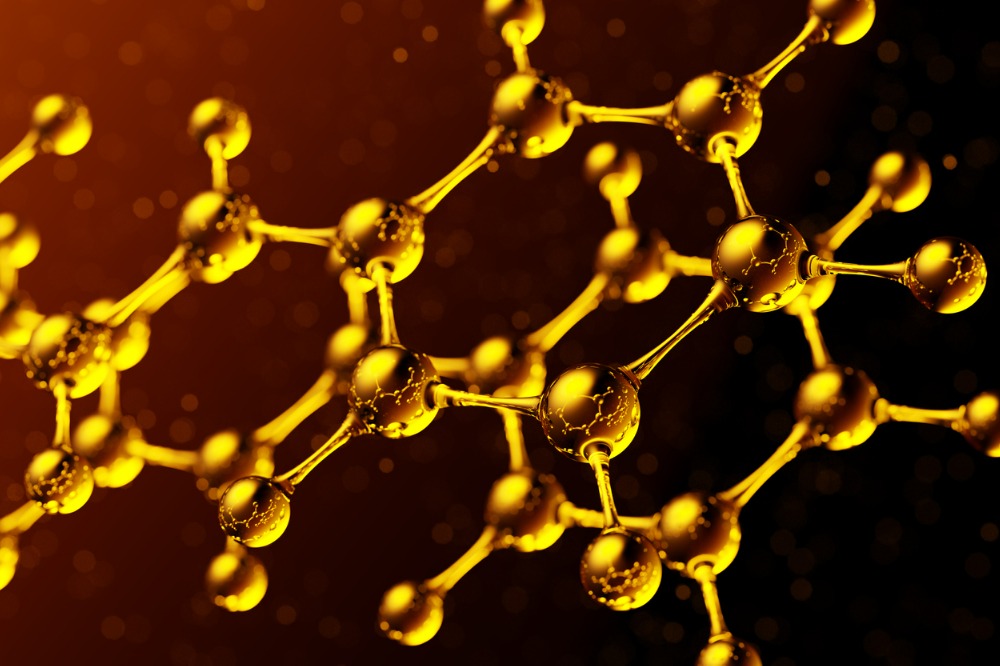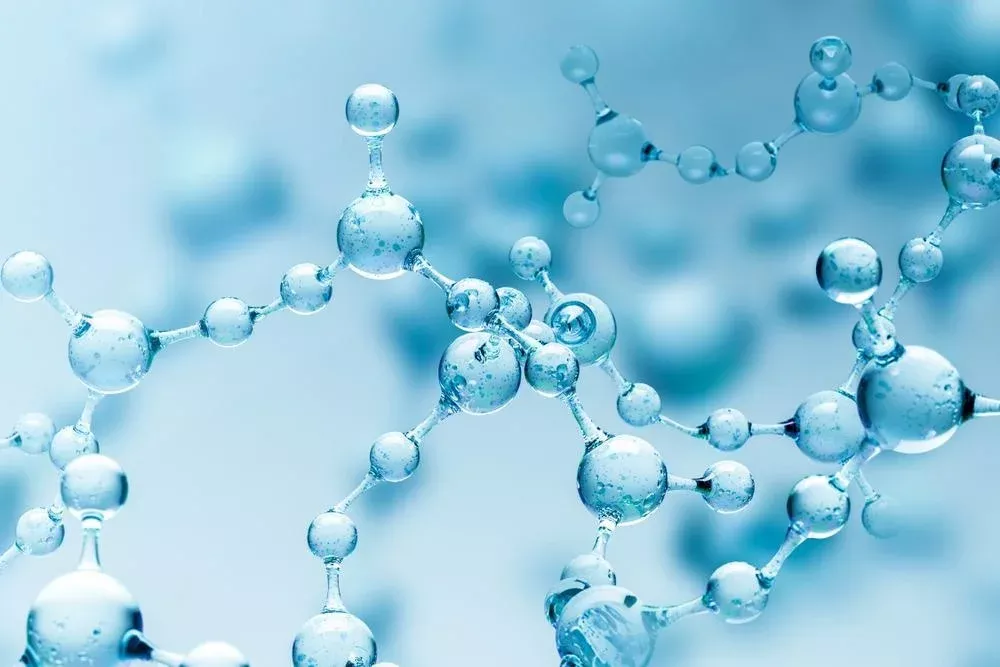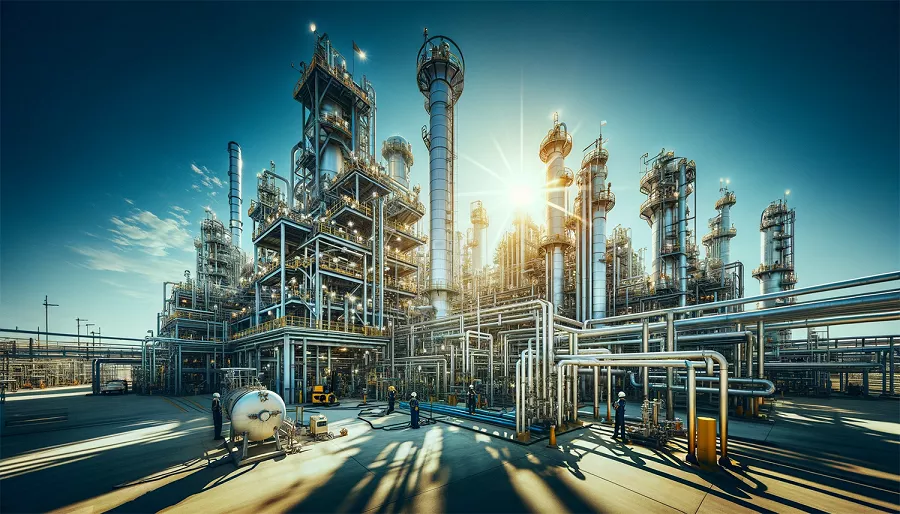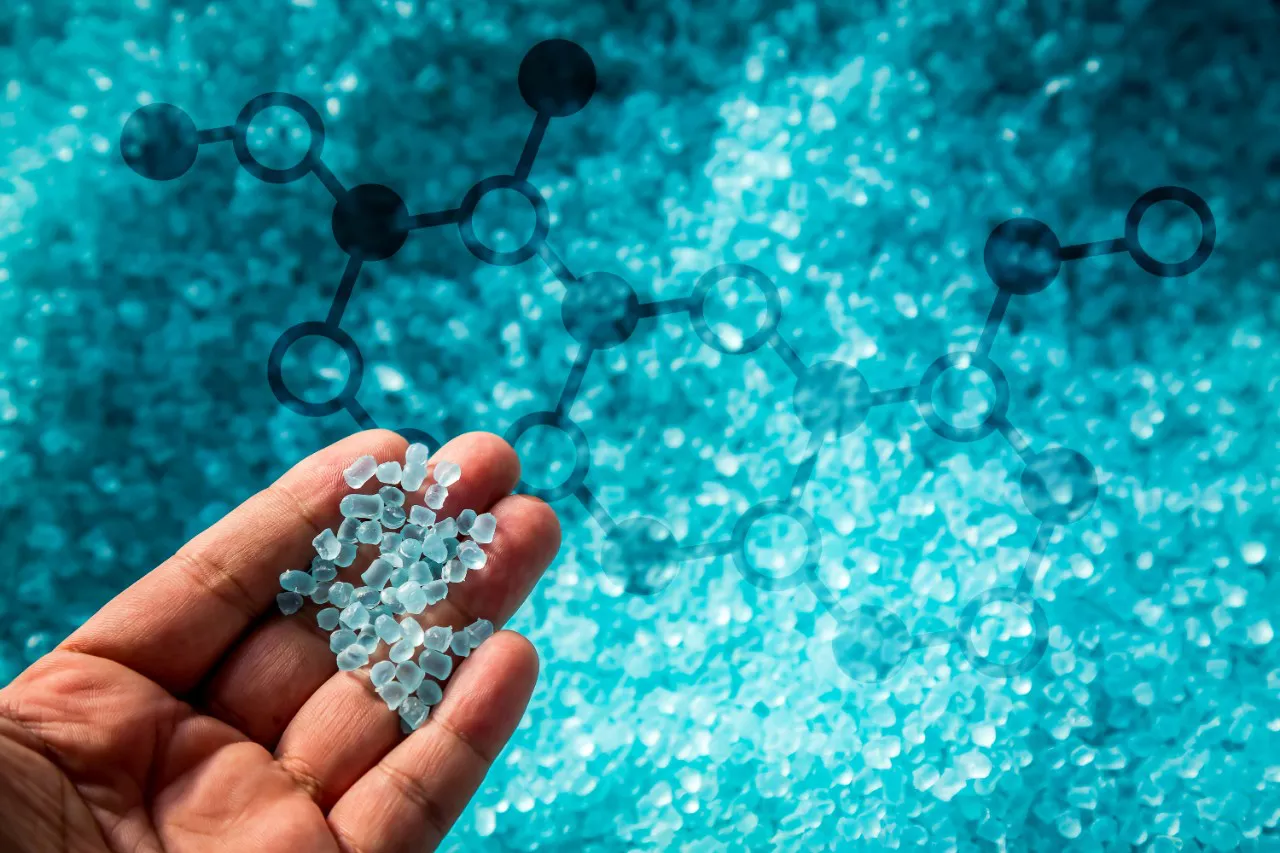Introduction
Polymers have transformed the manufacturing landscape by providing materials that are lightweight, durable, and adaptable. From automotive and electronics to packaging and medical devices, polymers play an essential role in creating products that meet modern demands for performance, efficiency, and sustainability. In this article, we explore how polymers impact modern manufacturing processes, their applications, benefits, and the advancements driving their future.
What Are Polymers?
Polymers are large molecules composed of repeating subunits called monomers, chemically bonded together. Commonly known as plastics, polymers are versatile materials that can be engineered to exhibit specific properties. This flexibility has made them an essential component in various manufacturing sectors, providing unique advantages in terms of cost-effectiveness, durability, and design possibilities.
Key Applications of Polymers in Manufacturing
1. Automotive Industry
The automotive industry has long relied on polymers for their lightweight and durable properties. Polymers such as polypropylene (PP), polyurethane (PU), and polyvinyl chloride (PVC) are used in car interiors, exteriors, and under-the-hood components. By replacing metal parts with polymers, manufacturers reduce vehicle weight, leading to improved fuel efficiency and reduced emissions, making polymers essential in sustainable automotive design.
2. Packaging Industry
Polymers are crucial in the packaging industry, where materials like polyethylene (PE) and polyethylene terephthalate (PET) are used to create lightweight and durable packaging. Polymers in packaging offer high resistance to moisture, chemicals, and physical damage, ensuring product protection. The lightweight nature of polymer-based packaging also reduces shipping costs and carbon emissions, contributing to a more sustainable supply chain.
3. Medical Devices and Healthcare
Polymers have made significant advancements in the medical field, allowing for the production of sterile, biocompatible materials used in implants, surgical instruments, and prosthetics. Polymers such as silicone, polycarbonate, and polyethylene are highly valued for their flexibility, durability, and ease of sterilization. Their ability to be molded into precise shapes enables the development of custom-fit devices that improve patient care.
4. Electronics and Electrical Equipment
In electronics manufacturing, polymers provide excellent insulation and durability, making them ideal for cables, connectors, and circuit boards. Thermoplastics like polycarbonate (PC) and polystyrene (PS) are widely used in electronic devices due to their resistance to impact and heat. The insulating properties of polymers also make them vital in the development of safer and more efficient electrical systems.
The Environmental Impact of Polymers in Manufacturing
The environmental impact of polymers has sparked considerable debate, as traditional plastics contribute to pollution and waste. However, innovations in polymer science are addressing these concerns through recyclable polymers and bio-based plastics. Many manufacturers are investing in sustainable alternatives, such as polylactic acid (PLA), which is biodegradable and derived from renewable sources like corn starch. This shift towards sustainable polymers allows companies to meet environmental standards while reducing their ecological footprint.
Advantages of Polymers in Manufacturing
- Cost-Effective Production: Polymers are generally less expensive to produce than metals and ceramics, making them an affordable option for large-scale manufacturing.
- Lightweight and Durable: The lightweight properties of polymers make them ideal for applications where weight is a concern, such as in automotive and aerospace industries.
- Versatile and Adaptable: Polymers can be engineered with specific properties like flexibility, strength, and resistance to heat, allowing them to be tailored to different manufacturing needs.
- Enhanced Design Flexibility: The malleability of polymers allows for more intricate designs, which is beneficial in creating complex parts and components.
Challenges Facing Polymer Manufacturing
Despite the advantages, polymer manufacturing faces several challenges, including environmental concerns and technical limitations. For instance, some polymers are difficult to recycle, and not all can withstand high temperatures, which limits their use in certain applications. Furthermore, producing polymers from petrochemical sources poses sustainability issues, as these processes rely on fossil fuels. However, ongoing research is focused on developing polymers with higher performance, recyclability, and sustainable origins, such as plant-based polymers.
The Future of Polymers in Modern Manufacturing
The future of polymers in manufacturing is marked by continued innovation. Nanotechnology is being integrated with polymers to enhance their properties, making them stronger, lighter, and more conductive. Additionally, smart polymers, which respond to environmental changes like temperature or pH, are gaining traction in applications from medical devices to smart packaging. As these advanced polymers become more accessible, they will likely redefine the possibilities within modern manufacturing.
Conclusion
Polymers have had a transformative impact on modern manufacturing, offering versatile, lightweight, and durable materials that meet the demands of numerous industries. From improving fuel efficiency in cars to advancing medical devices and reducing packaging waste, polymers continue to drive innovation. As the industry moves towards more sustainable practices, polymers will play a central role in shaping the future of manufacturing by offering eco-friendly alternatives that align with environmental standards.




